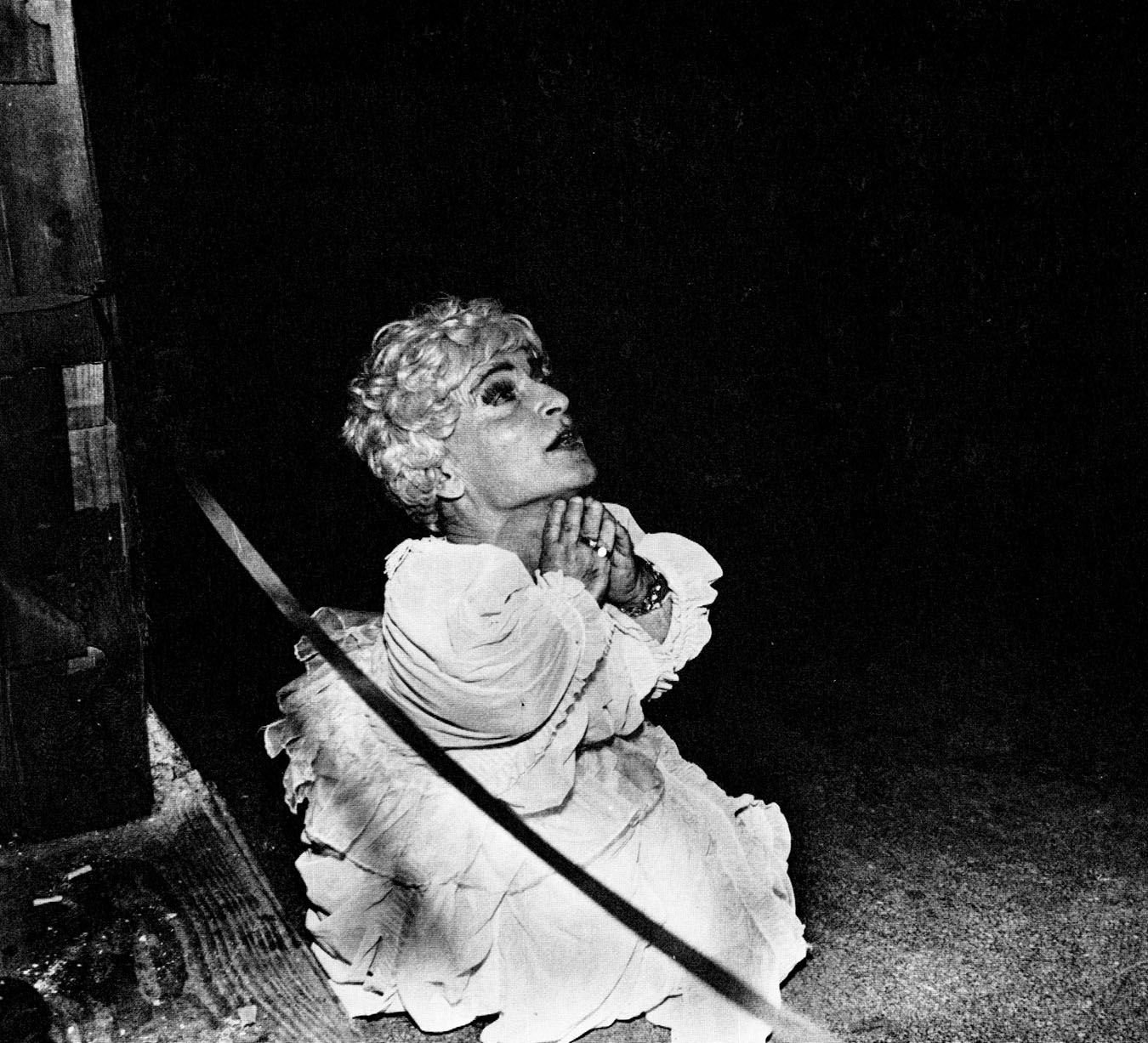Frank Sinatra gazed into the looking glass to appreciate the autumn of his years like vintage wine from fine old kegs with this lugubrious orchestral introspection. On the occasion of his fiftieth birthday, 'The Chairman of the Board' was feeling nostalgic. He teamed up once again with arranger and conductor Gordon Jenkins in Hollywood to provide the soundtrack to his album concept.
Sinatra would state at the time: "It was my idea [in my mid-20s] to make my voice work in the same way as a trombone or a violin — not sounding like them, but “playing” like those instruments. The first thing I needed was extraordinary breath control, which I didn’t have. I began swimming every chance I got in public pools — taking laps under water and thinking song lyrics to myself as I swam, holding my breath. One thing that was tremendously important was learning the use of a microphone. Many singers never learned to use one. They never understood, and still don’t, that a microphone is their instrument…. [Instead] of playing a saxophone, they’re playing a microphone. I don’t read a note of music. I learn songs by having them played for me a couple of times while I read the lyrics. I can pick up the melody very quickly. I learn the lyrics by writing them out in long hand. When I get a new song, I look for continuity of melody that in itself will tell a musical story. It must go somewhere. I don’t like it to ramble. And then, by the same token, I like almost the same thing — more, as a matter of fact — in the lyrics. They must tell you a complete story, from 'once upon a time' to 'the end.'"
The storytelling struck a responsive chord with the public and 'September of My Years' went gold, peaking at number five on the US album chart.
http://www.sinatra.com/
"It Was a Very Good Year"
written by Ervin Drake in 1961 for The Kingston Trio
Frank Sinatra In Studio - It Was A Very Good Year (1965) from Daniel Ramos on Vimeo.
Sinatra's version gave him his first number one single in a decade and won Grammys in 1966 for Best Male Vocal Performance and Best Instrumental Arrangement.
When I was seventeen, it was a very good year
It was a very good year for small town girls
And soft summer nights
We'd hide from the lights
On the village green
When I was seventeen
When I was twenty-one, it was a very good year
It was a very good year for city girls
Who lived up the stairs
With all that perfumed hair
And it came undone
When I was twenty-one
When I was thirty-five, it was a very good year
It was a very good year for blue-blooded girls
Of independent means
We'd ride in limousines
Their chauffeurs would drive
When I was thirty-five
But now the days are short, I'm in the autumn of my years
And I think of my life as vintage wine
From fine old kegs
From the brim to the dregs
It poured sweet and clear
It was a very good year
'September of My Years'
full album;
Side 1
"The September of My Years" (Jimmy Van Heusen, Sammy Cahn) - 3:12
"How Old Am I?" (Gordon Jenkins) - 3:30
"Don't Wait Too Long" (Sunny Skylar) - 3:04
"It Gets Lonely Early" (Van Heusen, Cahn) - 2:57
"This Is All I Ask" (Jenkins) - 3:03
"Last Night When We Were Young" (Harold Arlen, E.Y. Harburg) - 3:33
"The Man in the Looking Glass" (Bart Howard) - 3:25
Side 2
"It Was a Very Good Year" (Ervin Drake) - 4:25
"When the Wind Was Green" (Henry Stinson) - 3:22
"Hello, Young Lovers" (Richard Rodgers, Oscar Hammerstein II) - 3:41
"I See It Now" (Alec Wilder, William Engvick) - 2:50
"Once Upon a Time" (Charles Strouse, Lee Adams) - 3:30
"September Song" (Kurt Weill, Maxwell Anderson) - 3:30










